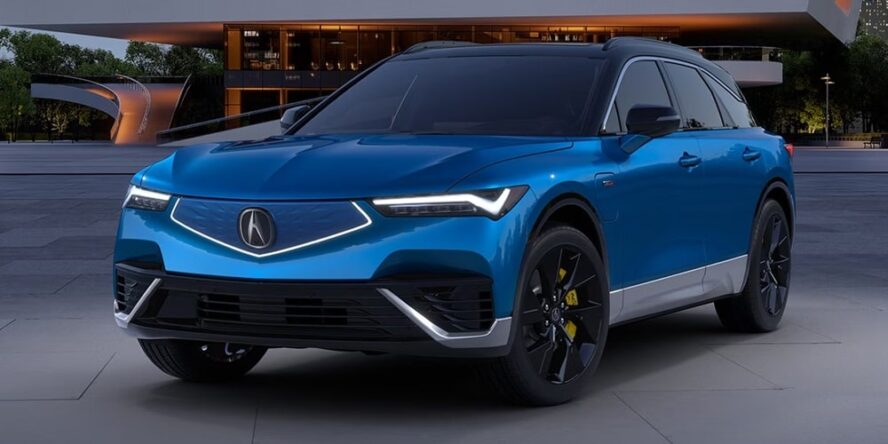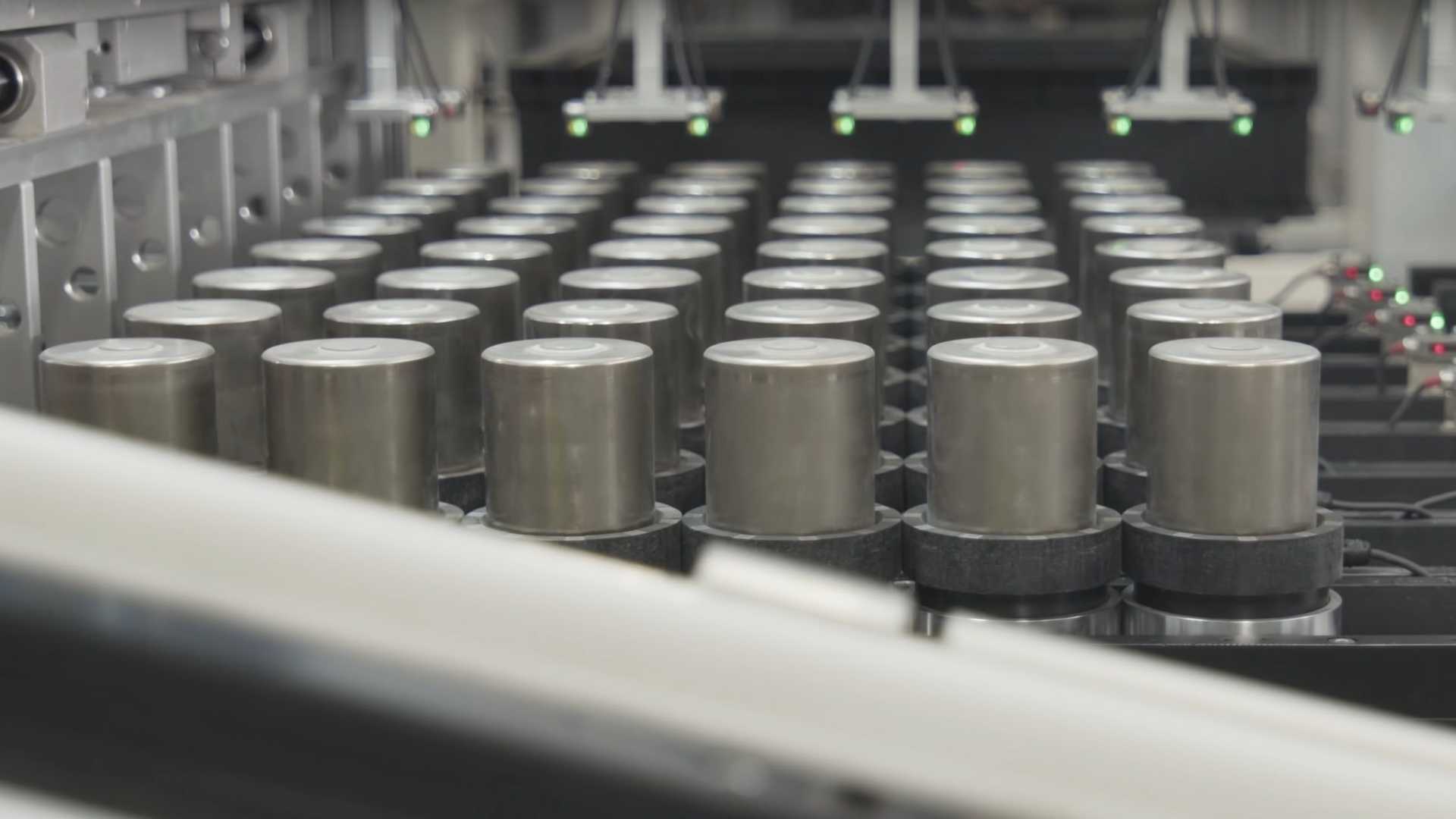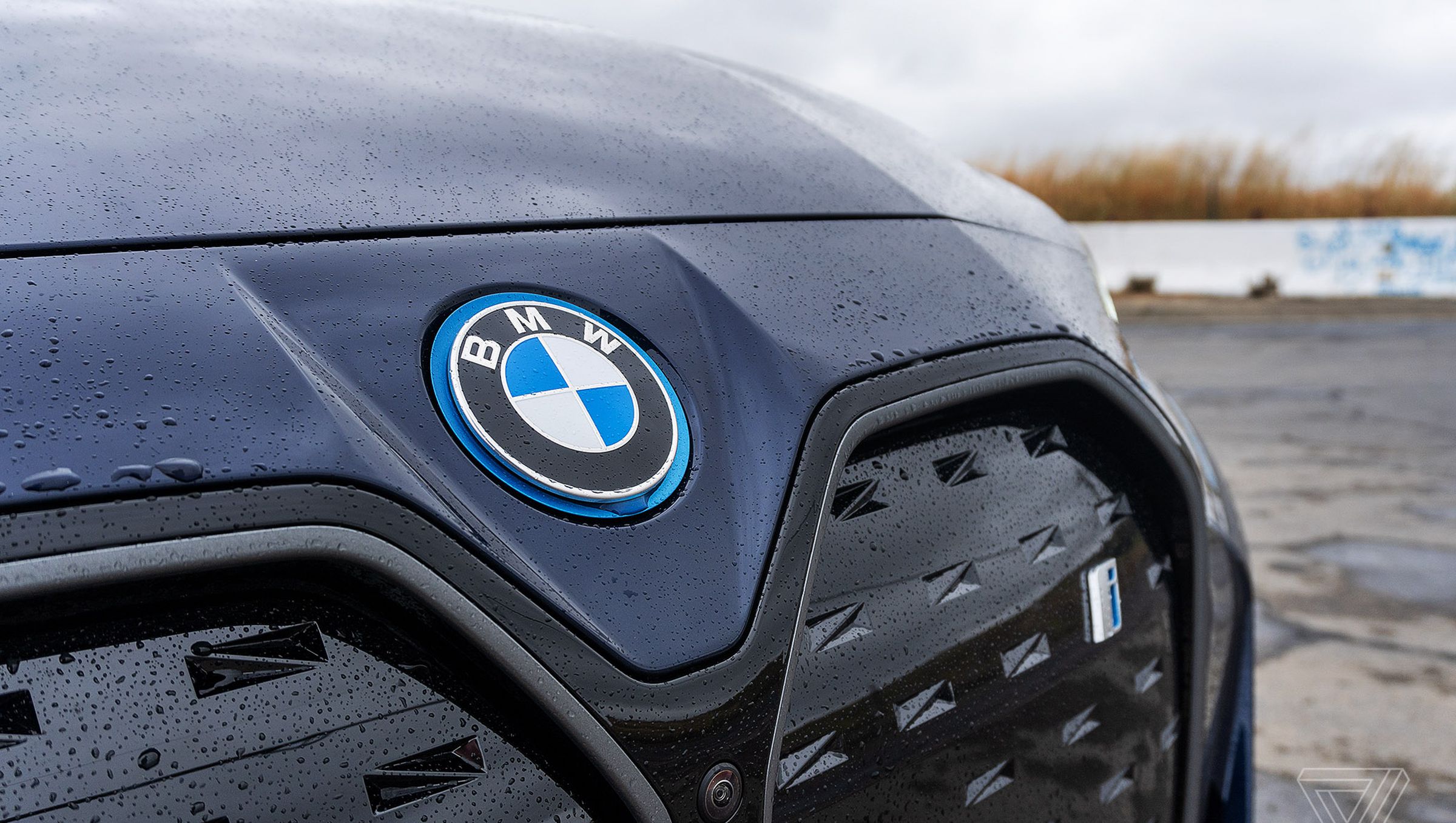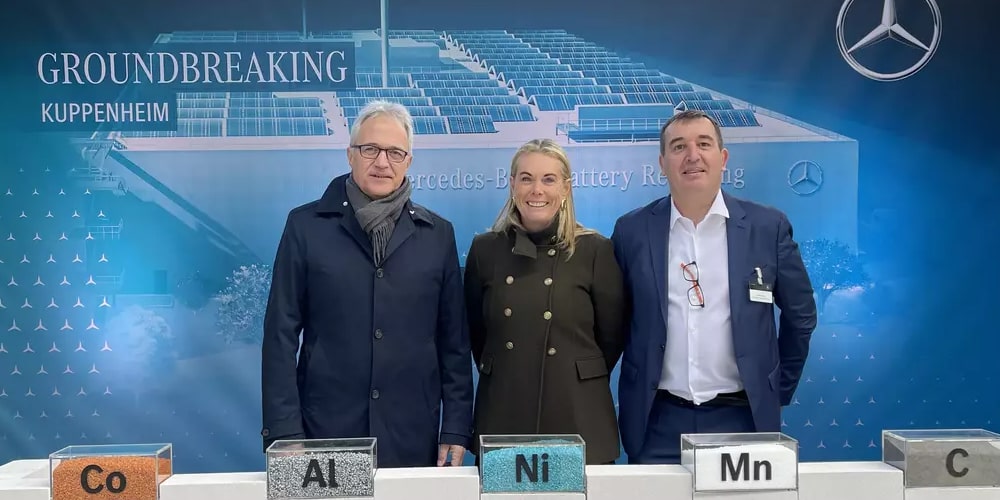In a remarkable stride towards innovation, Honda, the renowned automotive manufacturer, is poised to revolutionize the electric vehicle (EV) landscape with its pioneering solid-state battery technology. Following their announcement last year to establish a demonstration line for all-solid-state battery production, Honda remains steadfast in its commitment to electrification. With an investment of approximately 43 billion yen, the company is geared to accelerate research, targeting the commencement of demonstration production in Spring 2024. This initiative is a pivotal component of Honda’s ambitious US$40 billion electrification strategy, signaling its dedication to sustainable mobility.
Executives from Honda recently offered insights into their EV vision through an illuminating interview. Unlike certain counterparts who have embraced larger battery capacities as the solution to EV performance, Honda adopts an alternative perspective, emphasizing the significance of enhanced charging infrastructure over sheer battery size. The core philosophy contends that ameliorating range anxiety does not hinge on augmenting battery capacity but rather on improving charging accessibility. This approach aligns with the broader industry trend of focusing on bolstering charging networks to foster widespread EV adoption.
See also: LG Energy Solutions and Honda Establish Joint Venture for EV Battery Production
Significantly, Honda’s foray into solid-state battery technology holds the promise of transformative weight reduction. Internal testing has revealed that this cutting-edge technology can lead to a remarkable 50% reduction in the weight of battery packs. This advancement stems from the technology’s ability to effectively double energy density, achieving equivalent energy output in a substantially lighter form factor. The implications of this breakthrough extend to increased vehicle range and improved overall efficiency, echoing the broader industry pursuit of optimizing EV performance.
Shinji Aoyama, the head of Honda’s EV strategy, emphasized that the implementation of solid-state batteries could enable a groundbreaking achievement: doubling the energy volume within the same vehicle. Such a milestone would usher in a new era of automotive capability, where EVs could achieve remarkable distances on a single charge. This innovation holds immense potential for models like the Acura ZDX, bolstering their competitiveness and appeal in the market.
Beyond the realm of EVs, Honda’s forward-thinking approach extends to preparing for the forthcoming era of mass-market electric vehicles. Aoyama shared insights into the adaptability solid-state batteries offer in design and form factor. This flexibility empowers Honda to envision EVs with smaller battery cases, aligning with the trajectory of EV evolution towards more compact and affordable offerings. This resonates with the industry trend epitomized by Tesla’s anticipated Model 2, which underscores the shift towards democratizing electric mobility.
See also: Honda plans to produce hydrogen-powered electric cars in the United States by 2024
In a landscape undergoing rapid transformation, Honda’s resolute pursuit of solid-state battery technology stands as a testament to its commitment to innovation and sustainable transportation solutions. With a visionary approach that prioritizes charging infrastructure and embraces the potential of solid-state batteries, Honda sets a compelling precedent for the future of electric mobility. As Spring 2024 approaches, anticipation mounts for the tangible realization of Honda’s groundbreaking demonstration production, marking a significant milestone in the ongoing electric revolution.







